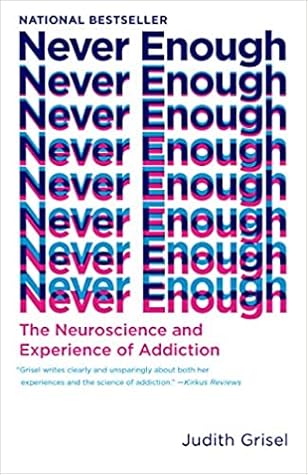More on this book
Community
Kindle Notes & Highlights
Read between
May 11, 2021 - May 10, 2023
no more than 10 percent of substance abusers can manage to stay clean for any appreciable time. As far as illnesses go, this rate is almost singularly low: one has about twice as good a chance of surviving brain cancer.
biological dead end that perpetuates substance use and abuse: namely, that there will never be enough drug, because the brain’s capacity to learn and adapt is basically infinite.
most addicts die trying to satisfy an insatiable drive.
An addict doesn’t drink coffee because she is tired; she is tired because she drinks coffee. Regular drinkers don’t have cocktails in order to relax after a rough day; their day is filled with tension and anxiety because they drink so much. Heroin produces euphoria and blocks pain in a naive user, but addicts can’t kick a heroin habit, because without it they are in excruciating pain.
Jumping out of an airplane at
several thousand feet produces intense feelings of arousal and panic, even feelings associated with impending death. They would probably last for much of the air time and certainly for all of the “free fall.” As the stimulus ends and your feet are miraculously back on solid ground, not only is the panic gone, but according to hobbyists it is like being awash in feelings of extreme calm and well-being. The relief following an intensely stressful experience, if you live through the event, may make it all worthwhile. Maybe this helps explain why people push themselves to exercise or go to
...more
First, the alcohol will have less effect on you in that particular place and time and with those particular friends than it would have elsewhere.
methadone is such a long-lasting opiate, when prescribed with the clinical goal of keeping the brain soaked in the stuff to stave off withdrawal, it produces an immense addiction. This drug is even harder to kick than heroin; the latter is hell, but for a relatively short time. Therefore, to prescribe a drug like this to people barely out of their teens is to condone “maintenance” that is in some ways a life sentence akin to housing the mentally ill in the back wards of state institutions: they’ll be less trouble for the rest of us, but unlikely to have much of a life.


